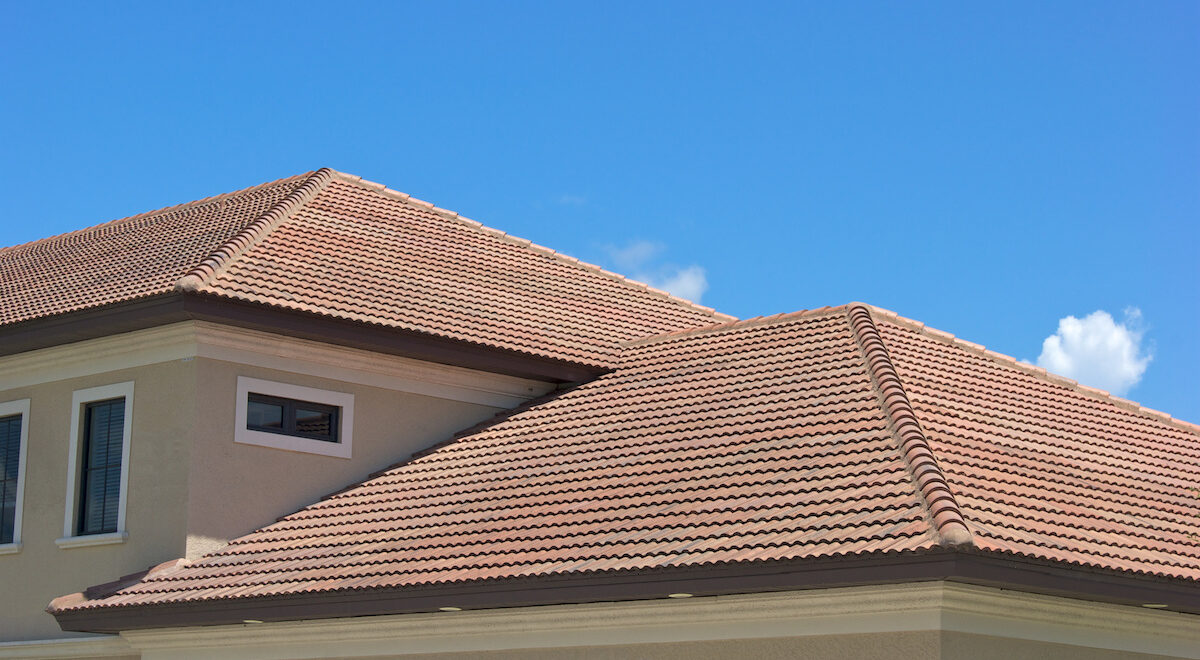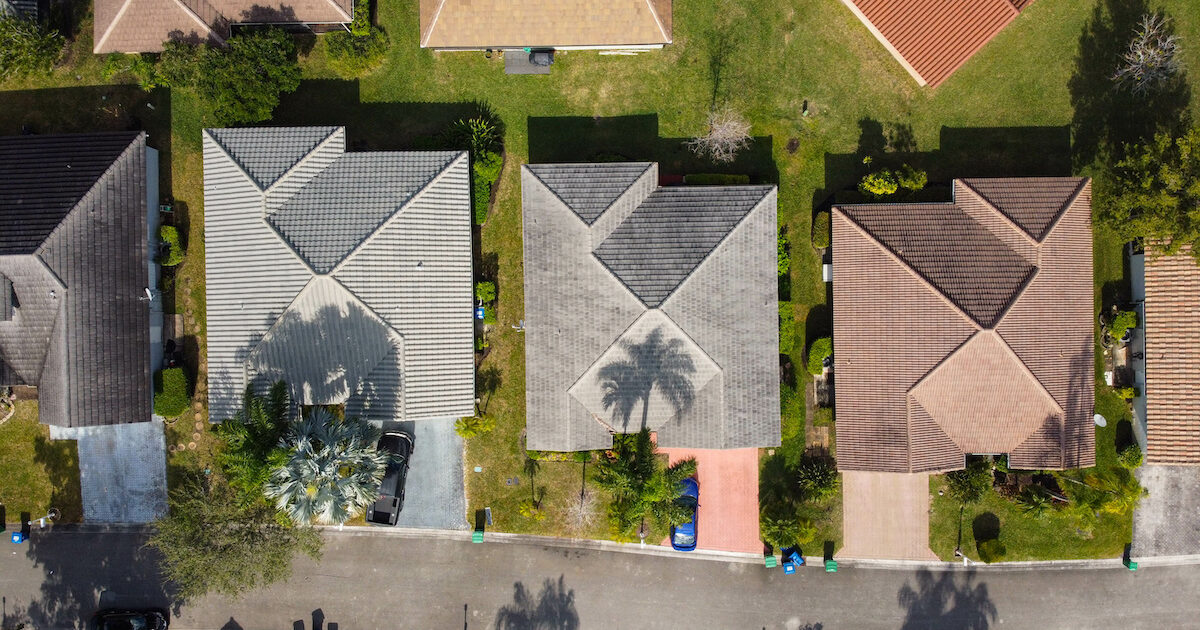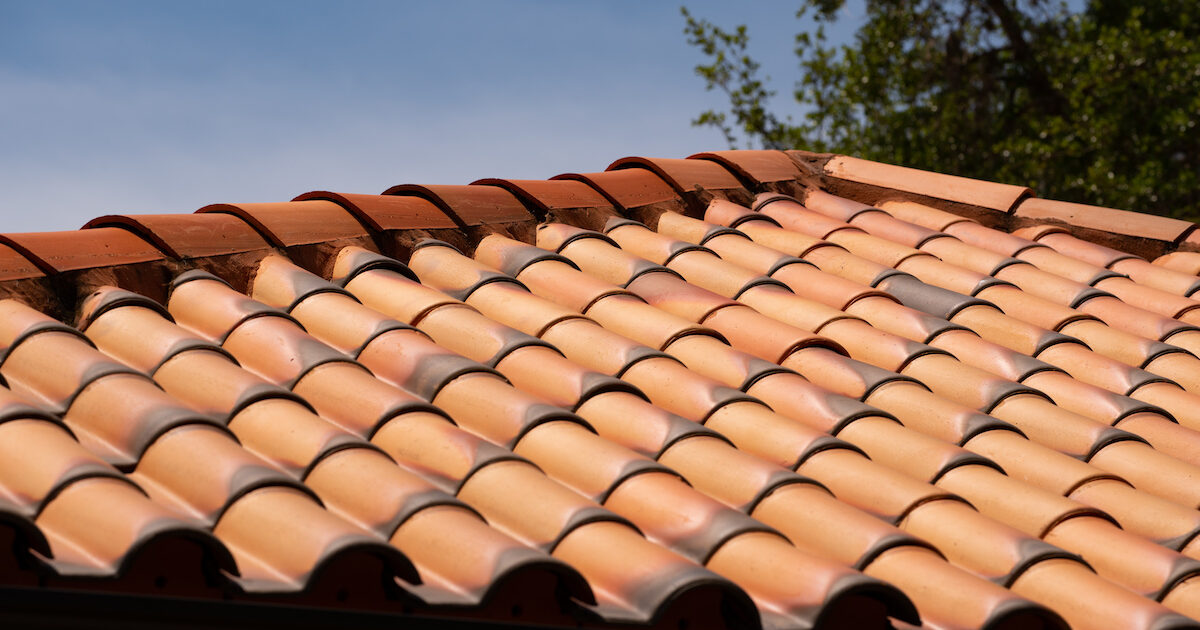Quick Contact
For the fastest response, please call/text us Mon. thru Fri. 9am - 4pm at (727) 771-8747.
211 Hedden Court
Palm Harbor, FL 34683
Monday-Friday: 9am – 4pm

Quick Contact
For the fastest response, please call/text us Mon. thru Fri. 9am - 4pm at (727) 771-8747.
When it comes to protecting your home, few elements are as important as your roof. In Florida, where the weather can be unpredictable and severe, choosing the right roofing material is critical.
From the intense sun and heat to the heavy rain, high humidity, and the threat of hurricanes, your roof needs to be able to withstand a variety of conditions while also complementing your home’s aesthetics.
At Done Rite Roofing, we understand the unique challenges homeowners face when selecting the best roofing material for their Florida homes. This blog will help you navigate the different options available, taking into account factors such as durability, energy efficiency, cost, and style.
Before diving into the various roofing materials, it’s important to understand the specific challenges posed by Florida’s climate. Florida is known for its:
With these factors in mind, let’s explore the roofing materials that are best suited for Florida homes.

Pros:
Cons:
Best Use: Asphalt shingles are a good choice for homeowners looking for an affordable and versatile roofing option. To combat algae growth, consider purchasing algae-resistant shingles or treating the roof with a protective coating.
Pros:
Cons:
Best Use: Metal roofing is ideal for homeowners looking for a durable, long-lasting roof that can withstand Florida’s extreme weather. While the initial cost is higher, the long-term savings on energy bills and replacement costs can make it a worthwhile investment.

Pros:
Cons:
Best Use: Tile roofing is an excellent choice for homeowners who value aesthetics, durability, and energy efficiency. It’s particularly well-suited for homes with strong structural support and a Mediterranean or Spanish-style design.
Pros:
Cons:
Best Use: Slate roofing is ideal for homeowners seeking the ultimate in durability and aesthetic appeal. It’s best suited for homes with the structural support to handle its weight and for those willing to invest in a long-term roofing solution.
Pros:
Cons:
Best Use: Synthetic roofing is a great option for homeowners who want the look of slate, wood, or tile without the associated cost or weight. It’s an increasingly popular choice for modern homes in Florida.
Pros:
Cons:
Best Use: Flat roofing is commonly used on commercial buildings but can also be a practical option for certain residential applications, particularly on modern or minimalist-style homes. Proper installation and maintenance are key to preventing issues.
When selecting the best roofing material for your Florida home, consider the following factors:
Choosing the best roofing material for your Florida home is a significant decision that requires careful consideration of your needs, budget, and the unique challenges posed by the local climate. Whether you opt for the affordability of asphalt shingles, the durability of metal, the classic appeal of tile, or the elegance of slate, it’s essential to select a material that will protect your home and provide lasting value.
At Done Rite Roofing, we’re here to help you make the best choice for your home. Our experienced team can guide you through the selection process, provide expert installation, and ensure your roof is built to withstand the Florida weather.
Contact us today to schedule a consultation and learn more about how we can help you achieve the perfect roof for your home.
Your Trusted Roofing Contractor for Roof Repairs & Replacement
Serving Pinellas, Pasco, & Hillsborough Counties Over 25 Years!